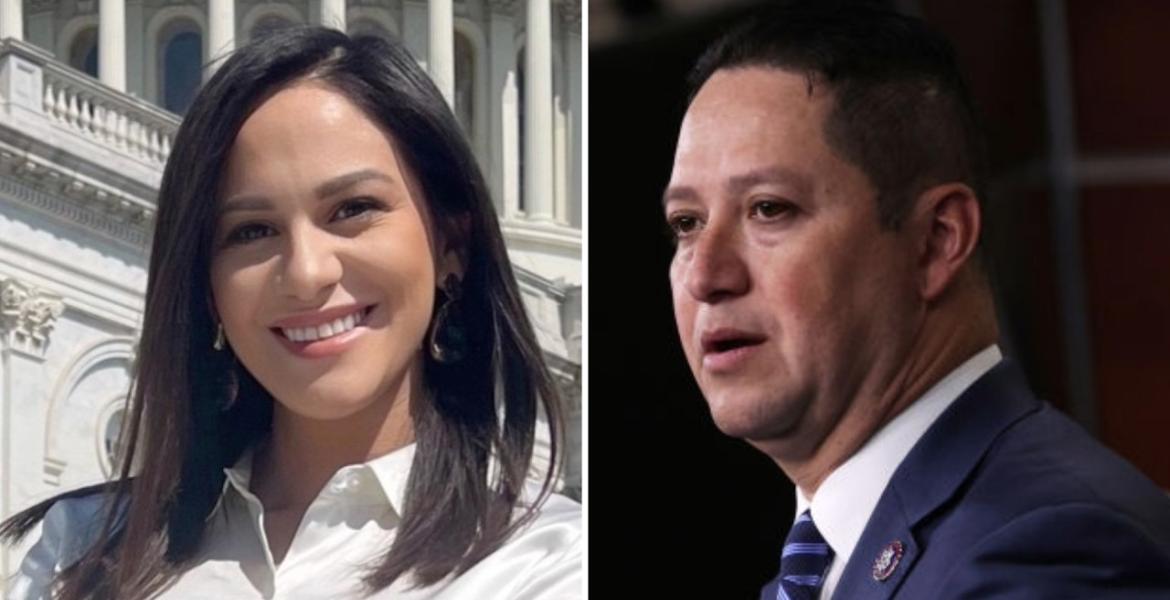WASHINGTON, D.C. — The U.S. Supreme Court is set to hear arguments Wednesday regarding Texas’ controversial anti-pornography law, which critics say infringes on free speech rights.
The law requires adult websites to verify users’ ages before granting access, aiming to shield minors from explicit content. However, opponents argue that the measure is overly broad and could extend to educational material or simulated sexual content in movies. They also highlight privacy risks, as the law mandates the submission of sensitive personal data.
The Free Speech Coalition, an adult entertainment trade group, supports the legal challenge, stating the law also places undue burdens on adults seeking legal content.
Texas defends the law, citing advancements in technology that allow quick and accurate age verification, likening the process to ID checks at physical stores. The state asserts that the measure is vital to protecting children from unrestricted access to obscene material, including through smartphones. Violators face fines of up to $10,000 per infraction, with penalties increasing to $250,000 when minors are involved.
The law has divided federal courts. A panel in the 5th Circuit Court of Appeals recently overturned a lower court’s decision, permitting the law to take effect. The Supreme Court previously declined to block the law while litigation continues.
This is not the first time the Court has addressed laws aimed at restricting online pornography access. In 1996, it struck down parts of a similar federal law, ruling that less restrictive measures like content filtering were sufficient.
Similar laws have been enacted in over a dozen states, including Tennessee, Arkansas, and Mississippi. Critics, including some adult sites like Pornhub, have ceased operations in these states, citing privacy and technical challenges.
Subscribe to the LIVE! Daily
Required






Post a comment to this article here: